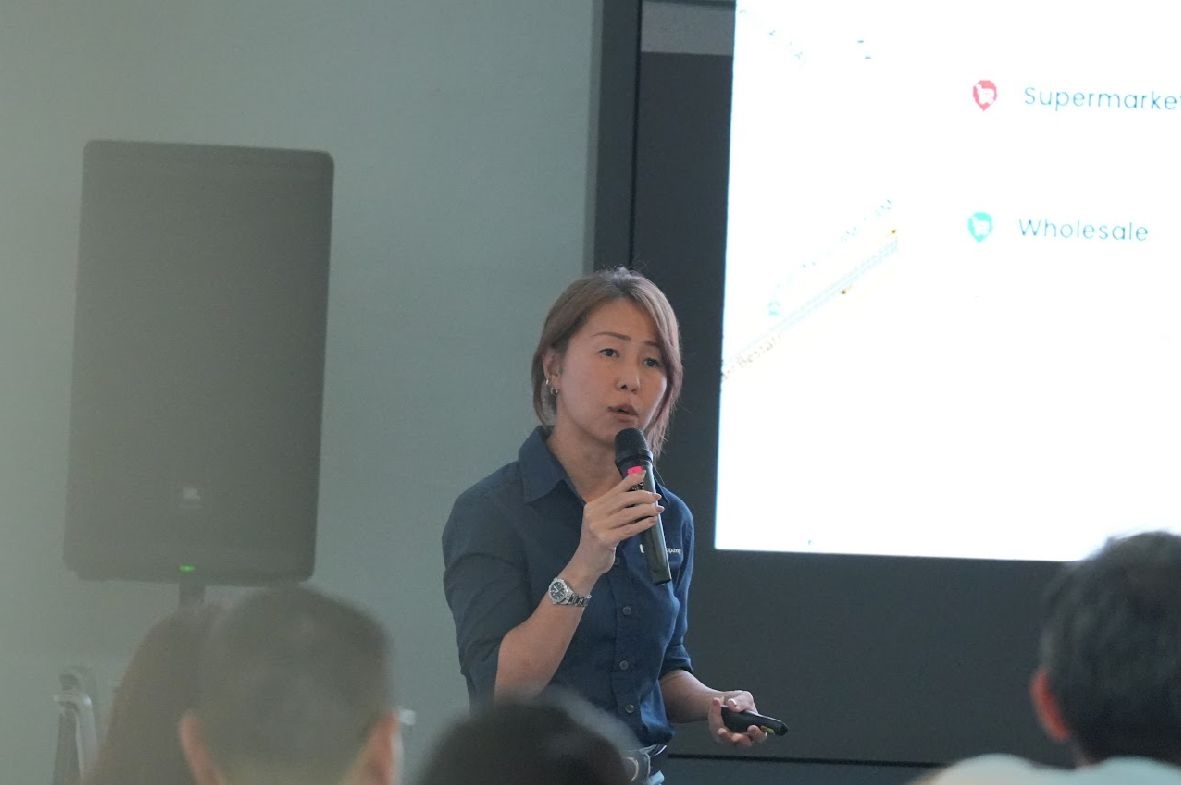MPDP 2025 (Klang Valley Edition): Indiscriminate approvals of high-density residences adding pressure to oversupply—CBRE | WTW

- Ungku Iskandar urged policymakers and developers to adopt data-driven planning and a unified oversight to tackle housing and commercial oversupply.
PETALING JAYA (Sept 24): High-density residential plans are being approved without proper research on demand, leading to further pressure on oversupply, says an expert.
CBRE | WTW managing director (valuation and research) managing director, Ungku Mohd Iskandar Ungku Ismail called for stronger coordination and clearer policies to prevent both residential and commercial oversupply at the Malaysian Property Development Process (MPDP) 2025 (Klang Valley Edition) seminar here on Wednesday.
Developments currently receive approval for very high density simply because they meet technical criteria, even when buyer demand does not justify it. Subsequently, such projects, especially those far from transport links or key infrastructures, add to the burden of oversupply, Ungku Iskandar told EdgeProp.
Supply decisions, he argued, should be anchored on detailed data on household incomes and buyer demographics.
Ungku Iskandar also highlighted the absence of a single authority to oversee affordable housing, noting that multiple agencies and developers currently act independently, sometimes duplicating efforts.
In the commercial segment, he questioned the rationale for new office towers and shopping centres when many existing buildings remain underused and land costs are rising. Sustainable development, he concluded, depends on aligning policy, planning approvals and real market needs.
Utilising EdgeProp EPIQ data to uncover deeper market dynamics
Using the EdgeProp EPIQ analytics platform, EdgeProp editorial and branding head Jacqueline Lim highlighted how residential overhang in Malaysia, while generally declining in recent years, remains concentrated in certain high-rise segments and districts.
She explained that EPIQ’s layered data—encompassing demographics, income, transactions, and infrastructure—enables a deeper understanding of community characteristics and the factors that influence property performance.
Lim noted that mismatches between project offerings and the local community’s needs often contribute to unsold units. Factors such as access to public transport, proximity to amenities, and overall connectivity can significantly affect take-up rates, sometimes outweighing pricing considerations.
Using EPIQ, researchers and developers can identify gaps, such as insufficient infrastructure or limited services that may impede sales even when pricing is competitive. Conversely, developments with the right mix of infrastructure and location could achieve higher absorption, illustrating how data-driven insights can guide better planning and investment decisions.

The discussion also addressed consumer behaviour, highlighting that younger buyers, including millennial upgraders and Gen Z, may aspire to purchase but often rent due to income limitations.
Lim said AI-driven analytics can help uncover buyer motivations, lifestyle preferences, and mismatches between aspirations and affordability, providing a more nuanced view of market dynamics.
Data must be interpreted through multiple local contexts
MKH Bhd’s product research & development manager, Dr Foo Chee Hung said that Malaysia’s overall supply remains high for all property types, and any assessment must consider both national mechanisms and conditions at the city level. Introducing new developments requires understanding how different neighbourhoods function, including their size, demographic composition, and the variety of commercial and community facilities.
In Foo’s opinion, each location demands a tailored approach: regional, neighbourhood, and school catchments all differ, and apartment sizes can significantly affect market response, reinforcing that data must be interpreted through multiple local perspectives to yield meaningful insights. He concurred with Lim that this involves layering data and context to turn complex information into practical guidance for development decisions.
More accurate tracking of completed projects and market absorption rates would also be pertinent for policymakers and developers in making better-informed decisions, Foo added.
Engage legal expertise from the start
Meanwhile, technology law firm Halim Hong & Quek (HHQ) partner, Noelle Low Pui Voon focused on legal safeguards, stressing early attention to ownership verification, contractual clarity and compliance with land regulations to prevent disputes.
Low told EdgeProp that engaging legal expertise from the outset ensures that commercial and legal considerations are aligned, helping to prevent unexpected issues as a deal progresses. Purely commercial decisions rarely exist in practice, and while some risks are unavoidable and no outcome can be guaranteed, early legal involvement can help mitigate potential challenges.
She also emphasised the importance of having the right stakeholders involved. A transparent approval matrix, combined with participation from the relevant parties at each stage, promotes a balance of efficiency, accountability, and alignment. She concluded that effective decisions are rarely the work of a single individual, but rather the result from collective input.
Another panellist, property developer The Haven Group CEO Peter Chan underscored the importance of long-term planning, ethical practice and disciplined execution, describing how his township project prioritised green space, community facilities, and patient market cultivation despite regulatory delays and scrutiny.
Besides that. urban planning consultancy AJC Planning Consultants Sdn Bhd principal Julie Chok highlighted the need for meticulous master planning and continuous collaboration among architects, engineers, environmental experts and government agencies. She described the master plan as a living document that must balance residential, commercial and green spaces while adapting to changing demographics and policies.
Organised by the Real Estate and Housing Developers’ Association Malaysia (Rehda) Institute, the annual MPDP (Klang Valley Edition) was a two-day Executive Certification Programme presented in collaboration with Sunway University, and supported by tile designer and retailer Feruni Ceramiche Sdn Bhd, renewable energy solutions provider Progressture Solar, and property investment consultancy FAR Capital, with EdgeProp as media partner.
The event was part of a nationwide series, including engagements in Johor Bahru and Penang, collectively drawing approximately 200 delegates, with insights shared by government officials, academics, and notable industry figures including PR1MA Corp Malaysia corporation member Datuk Wan Hashimi Albakri, Chin Hin Group board adviser Ngian Siew Siong, and Sunway University director Prof Pervaiz Ahmed.
Designed to enhance understanding of the property development process and human capital development in Malaysia's real estate industry, the programme provides in-depth training covering regulations, approvals, feasibility, and investments.
As Penang girds itself towards the last lap of its Penang2030 vision, check out how the residential segment is keeping pace in EdgeProp’s special report: PENANG Investing Towards 2030.
Never miss out
Sign up to get breaking news, unique insights, event invites and more from EdgeProp.
Latest publications
Malaysia's Most
Loved Property App
The only property app you need. More than 200,000 sale/rent listings and daily property news.
